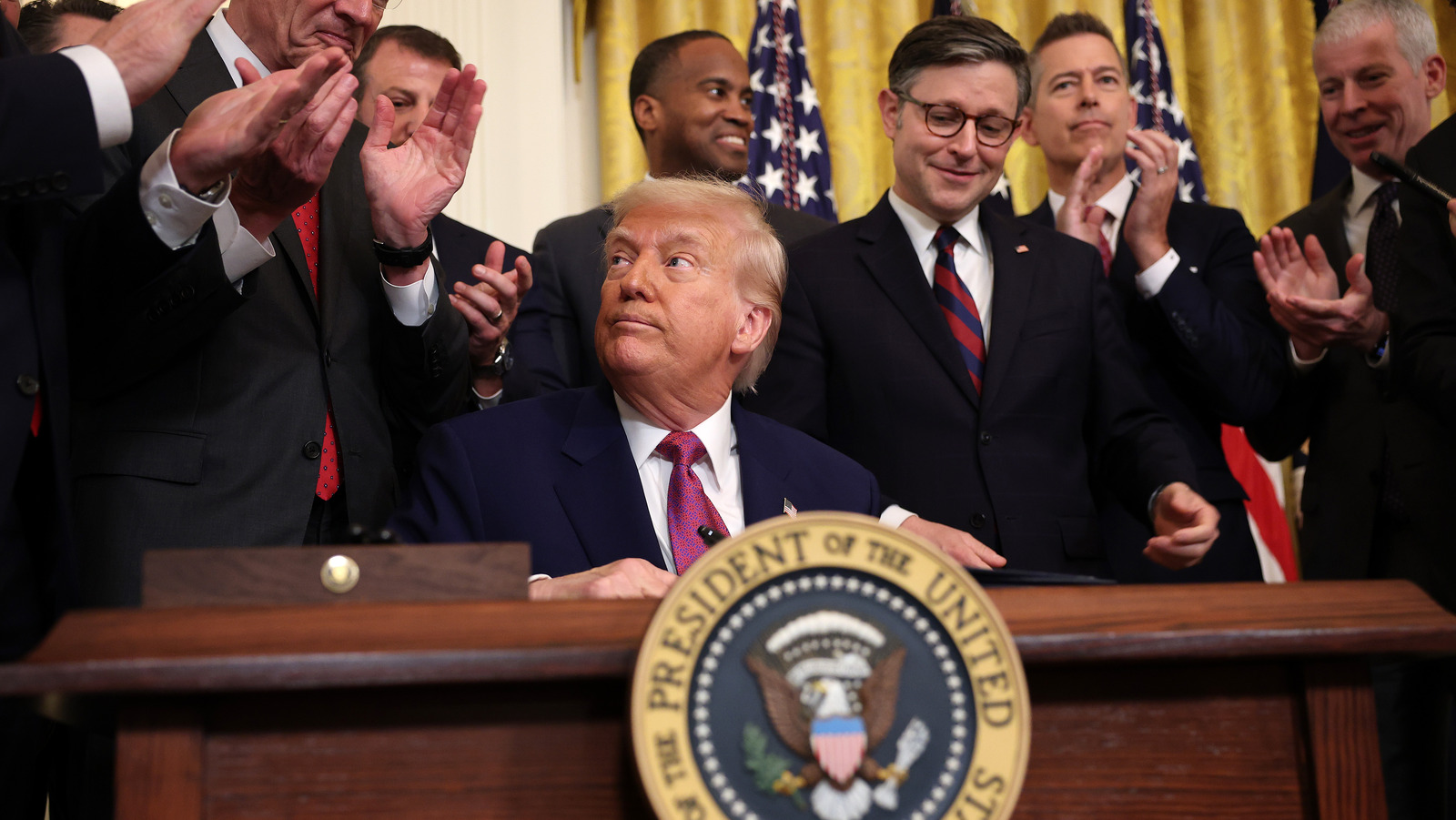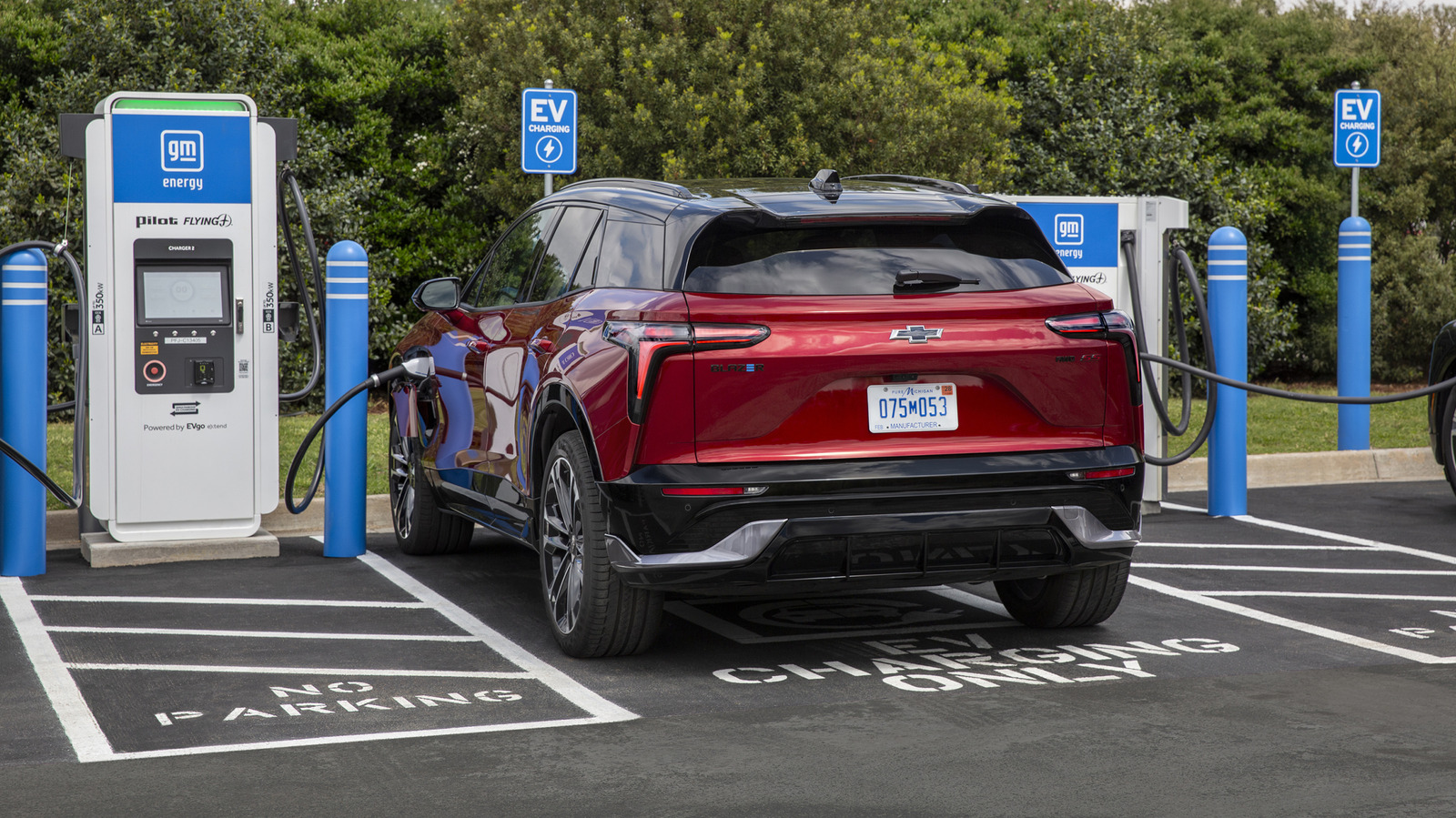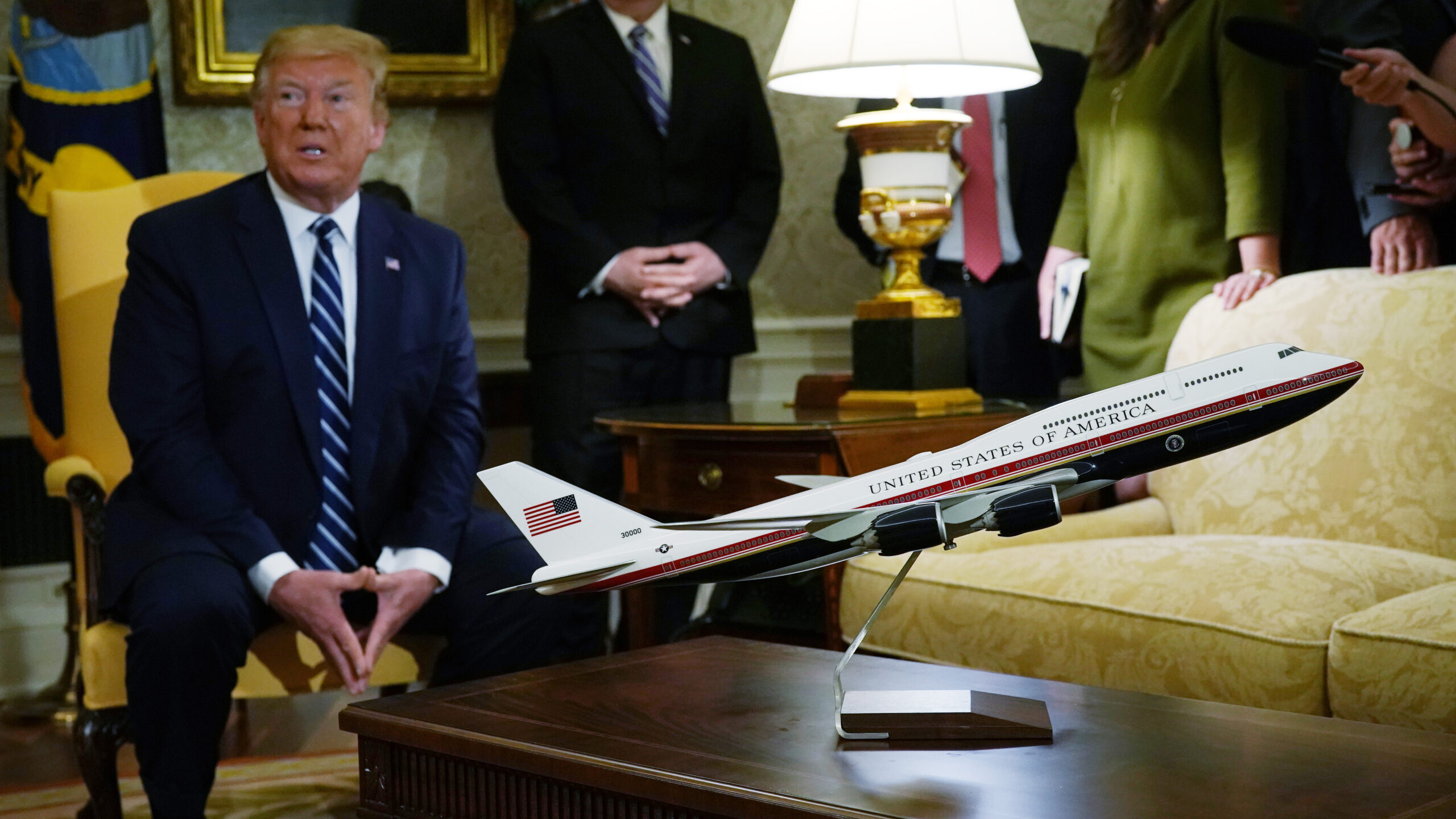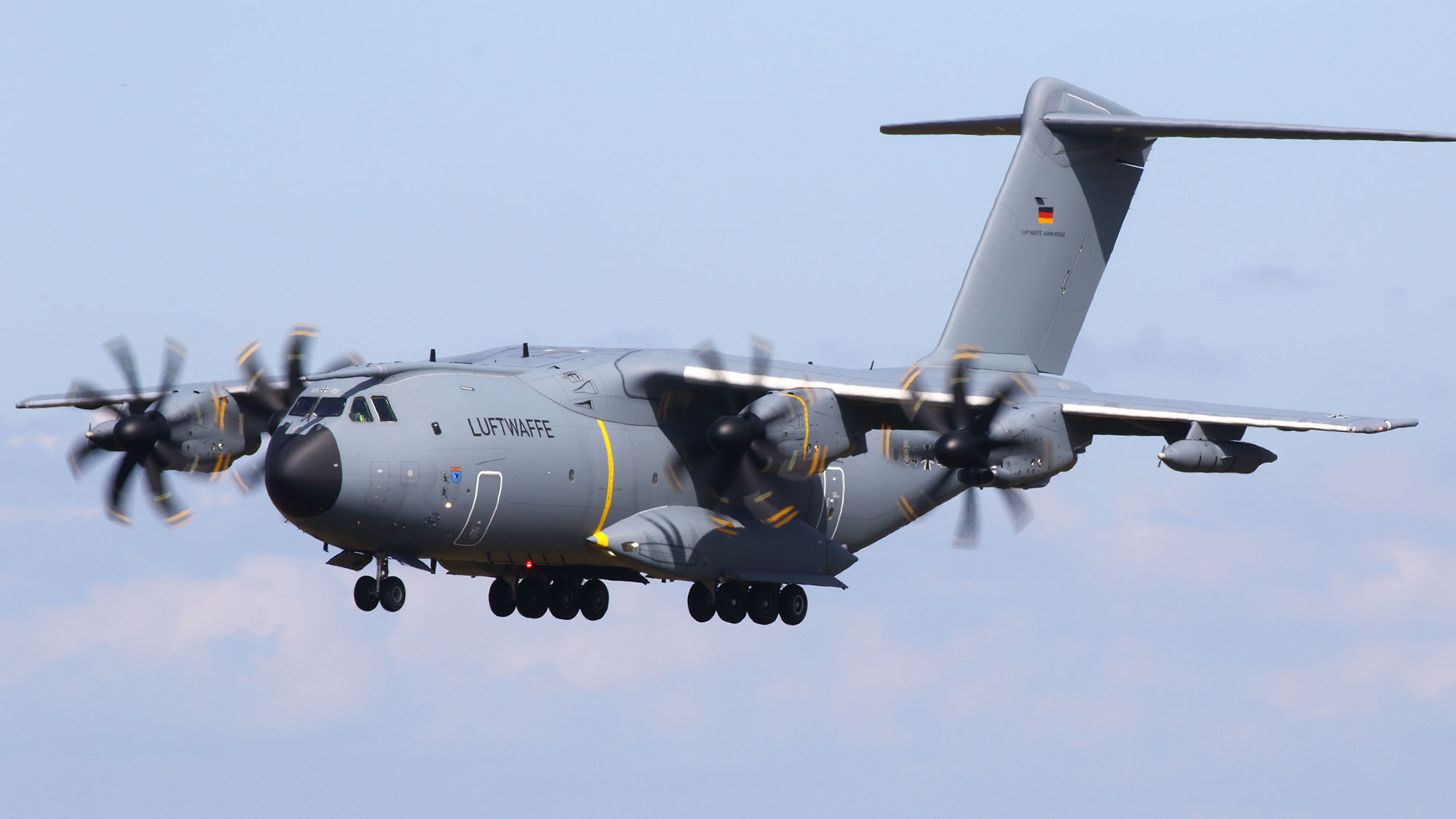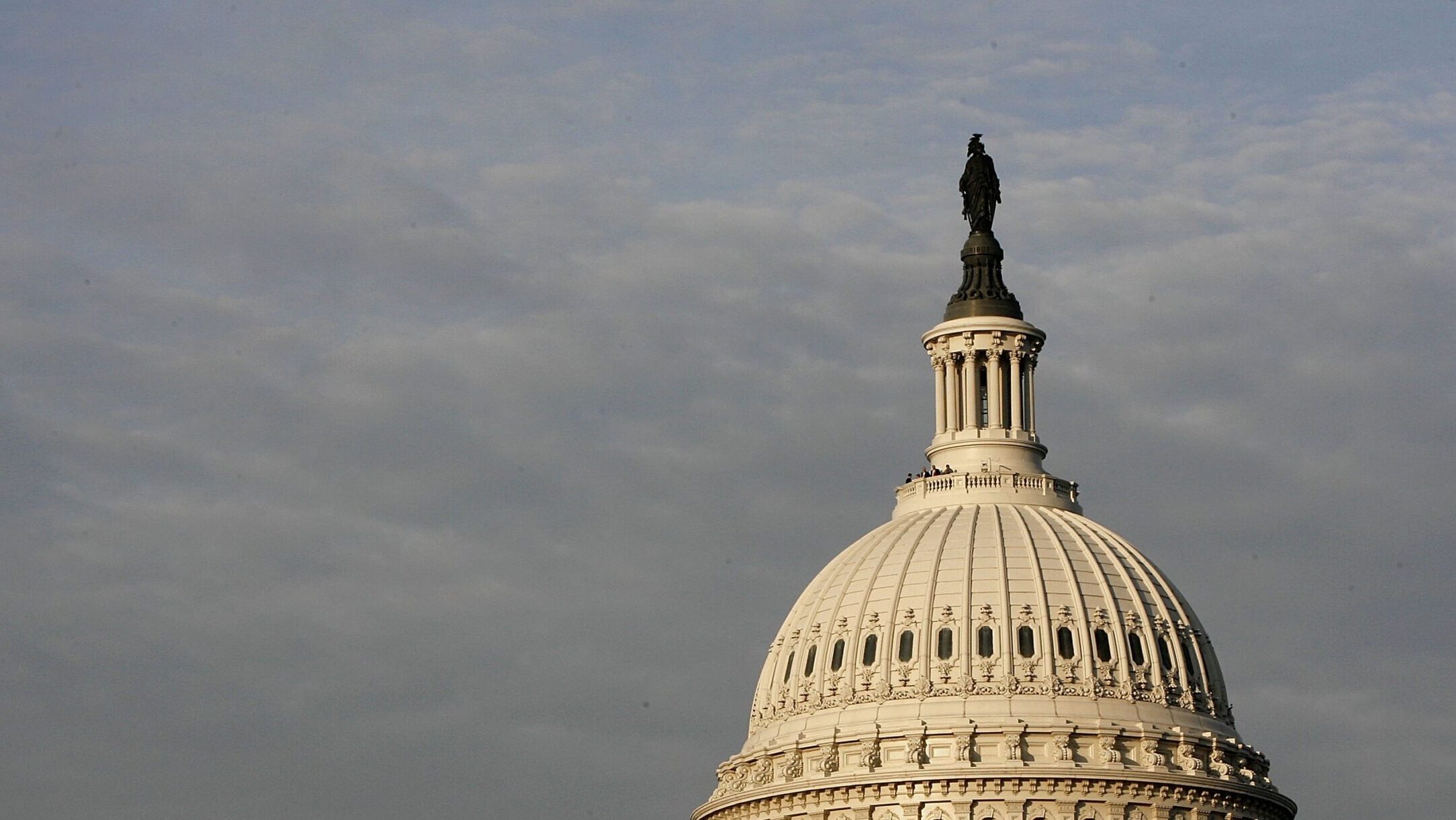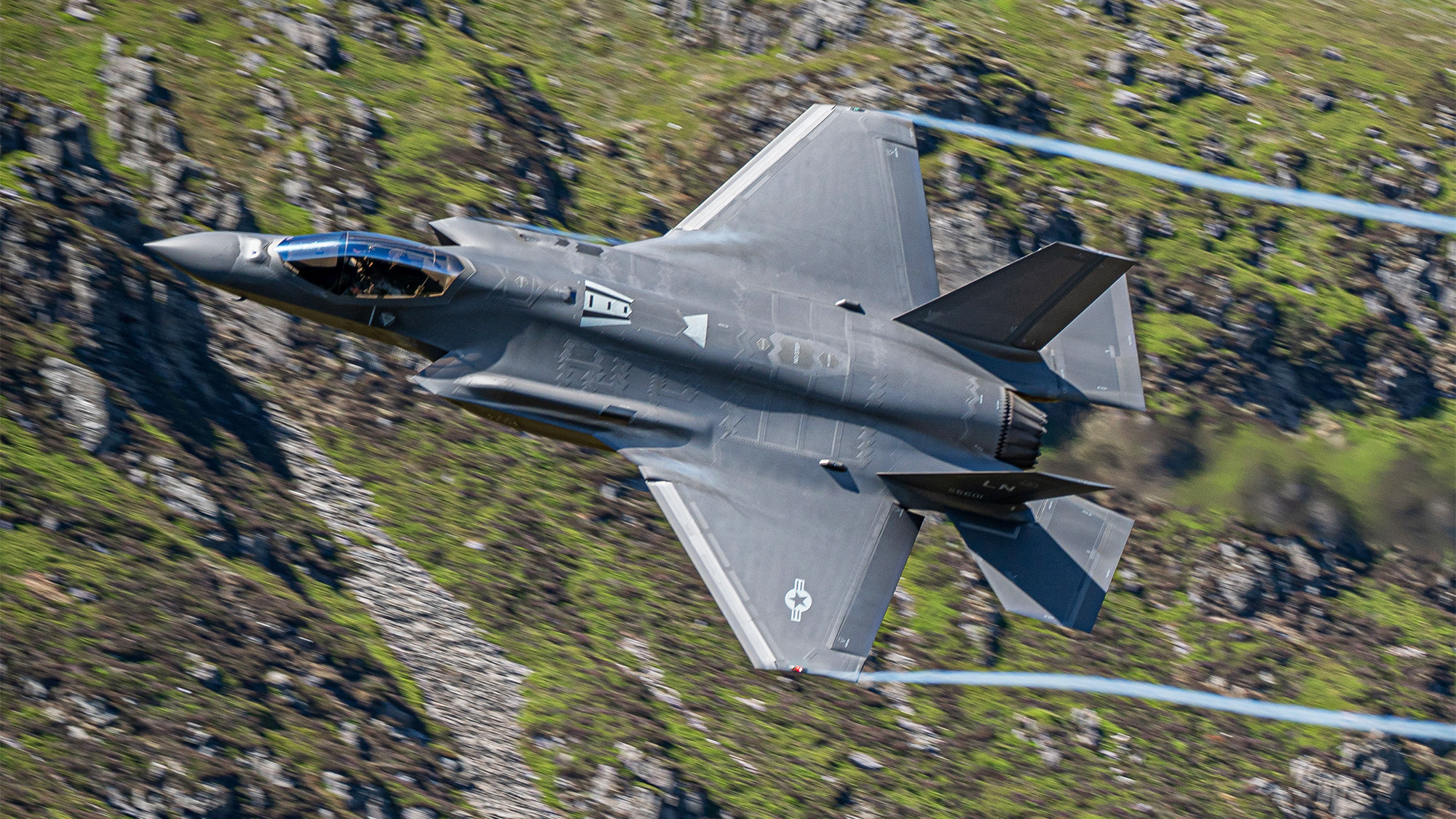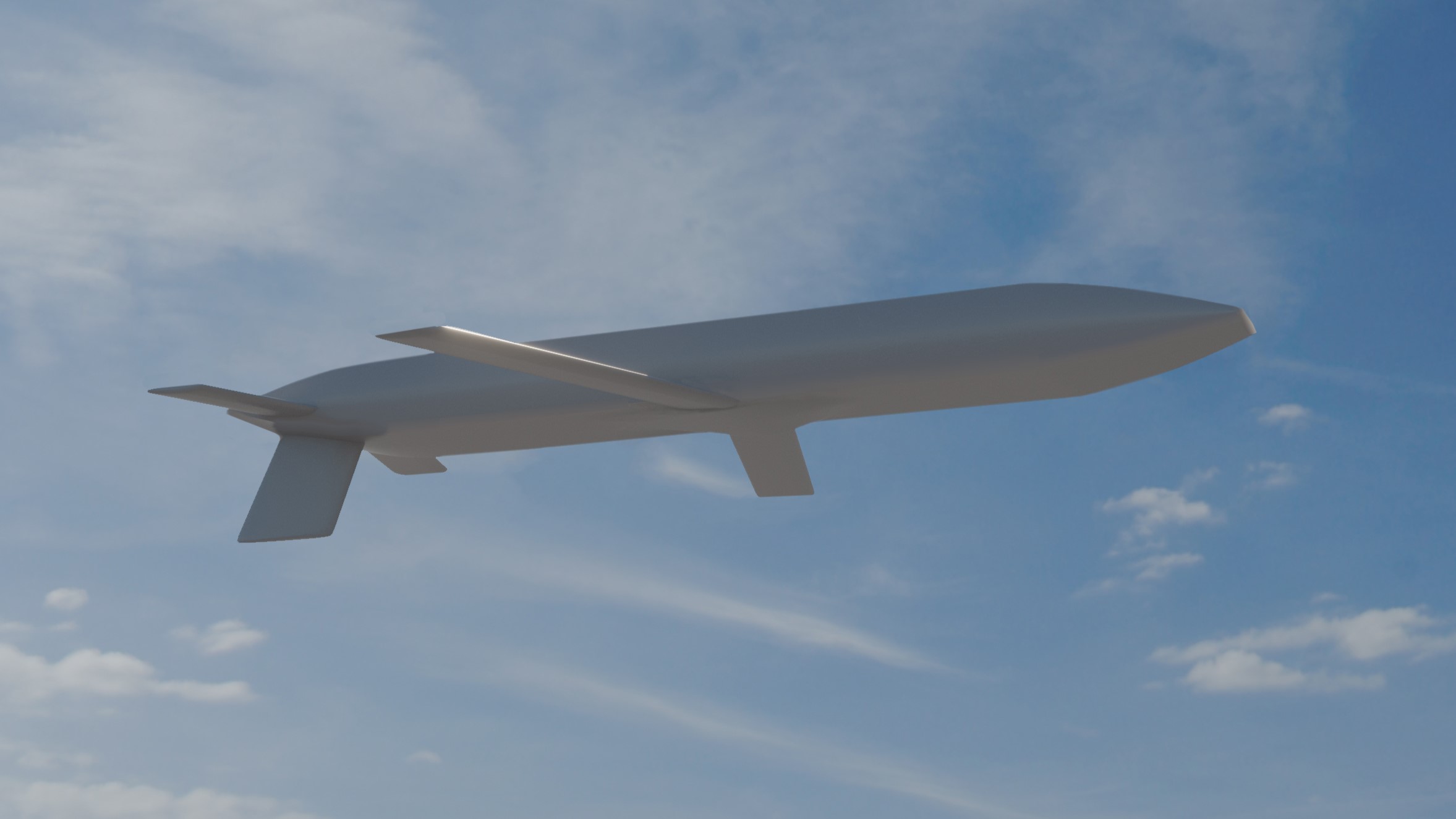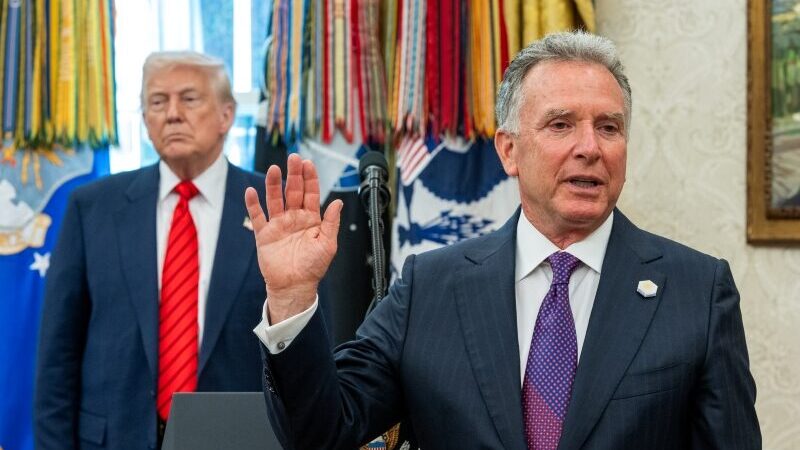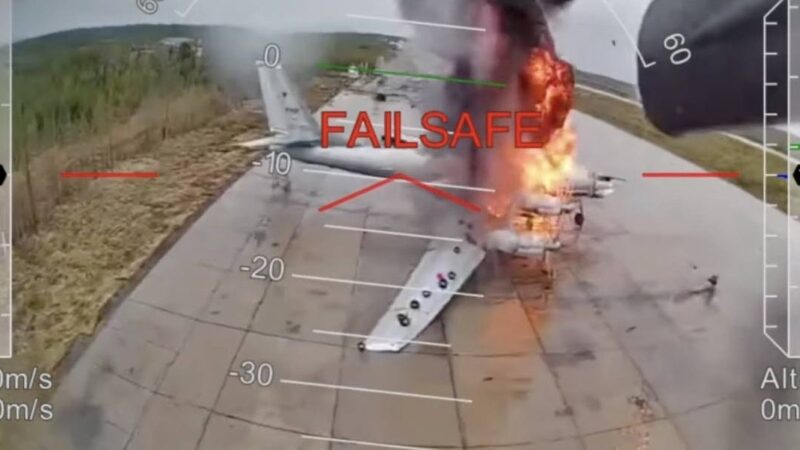The military must remain nonpartisan. America depends on it
The soldiers who cheered partisan applause lines at Fort Bragg, and their leaders, erred in a spectacular way.

Mounting a stage at the North Carolina base, the president and secretary of defense delivered partisan speeches before a large audience of uniformed soldiers. Others can judge the propriety of their remarks in such a setting, but it was the troops’ response that made the moment so troubling.
On cue, they roared their approval to partisan language about ridding the military of “woke garbage” and “political correctness.” They booed allusions to the previous president, the governor of California, and the mayor of Los Angeles. They applauded the president’s plan to revert yet more military bases to Confederate-derived names. In these and other ways, they behaved not as professional American service members, but as partisans at any other political rally.
Some observers are outraged because they believe the moment revealed an active-duty military that is fully aligned with the MAGA movement, perhaps a worrying thought as the president expands the use of the military on American soil. This is misguided for several reasons. First, the U.S. military is a diverse force that reflects the American public—for good or for worse—which means it also reflects America’s political divisions. The crowd at Fort Bragg may or may not be representative of the entire military, but that is beside the point. The personal politics of individual service members, no matter in which direction they lean, are unimportant as long as they are kept private.
Here is where the soldiers at Fort Bragg erred in a spectacular way. They provided de facto institutional endorsement to unambiguously partisan talking points, and in doing so, risked cementing in the minds of the American public that the military is a partisan actor, just like all the rest. Those on the right who fear that the military had become “woke,” undisciplined, and distracted from core missions will be reassured by the scene at Fort Bragg, while those on the left will take it as evidence that the military is part of a personalist regime that cannot be trusted to uphold its oath.
Military leaders have fretted in recent years about declining public confidence in the armed forces. Now they will have to contend with the increasing share of Americans whose sentiment toward the military turns on partisanship, not on how well it does its job or its commitment to professional ethics.
Blaming the soldiers themselves, most of whom are junior in rank, is warranted insofar as they should know better. But the real blame lies with their leaders, who demonstrated a stunning lack of situational awareness and careless disregard for one of their institution’s guiding professional norms. They failed to prepare their soldiers to act like professionals in the presence of their commander-in-chief. and their actions raise questions about whether they are equipped to steer their organization through the divisive political moment the military finds itself in.
The U.S. military is not designed to be, nor should it ever be, a check on elected officials and politicians. It must, however, follow the basic rules and regulations that civilian and military leaders alike have prescribed when it comes to political activity in the ranks, regardless of who is in office. In addition to undermining the norm of nonpartisanship, the crowd of uniformed soldiers at Fort Bragg violated Department of Defense Directive 1344.10, which prohibits open, public partisan endorsement by active-duty service members. The commander-in-chief has the right to address the troops. The troops have a responsibility to carry themselves as the nonpartisan professionals they purport to be.
Military officials have the tools they need to educate their troops on what it means to be nonpartisan in their behavior and even in their actions online. Countless scholars and practitioners have offered recommendations on how military leaders should guide the profession amid such turbulence, complete with practical guides aimed at stimulating reflection and discussion for all ranks and grades. They no longer have the luxury of waiting to do so.
This weekend, the Army will mark its 250th birthday, a milestone that is particularly remarkable in light of the extraordinary concerns the Constitution’s framers had about a standing army and the threat it might pose to liberty. May the occasion inspire its leaders, at all ranks, to reflect on what has sustained the institution for all those years, and what will be needed in the years to come.
Heidi A. Urben is professor of the practice in Georgetown University’s Center for Security Studies and a retired U.S. Army colonel. ]]>










